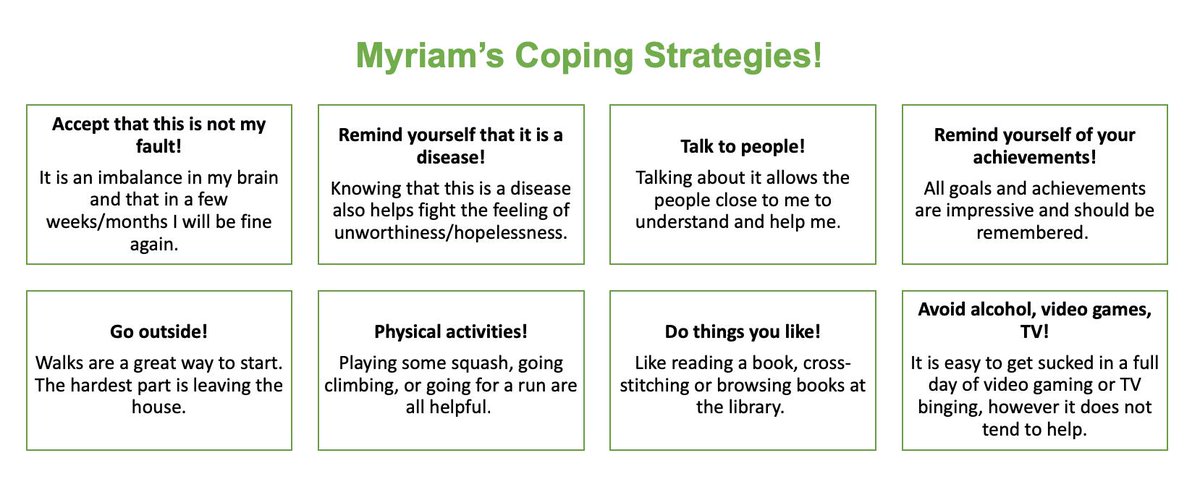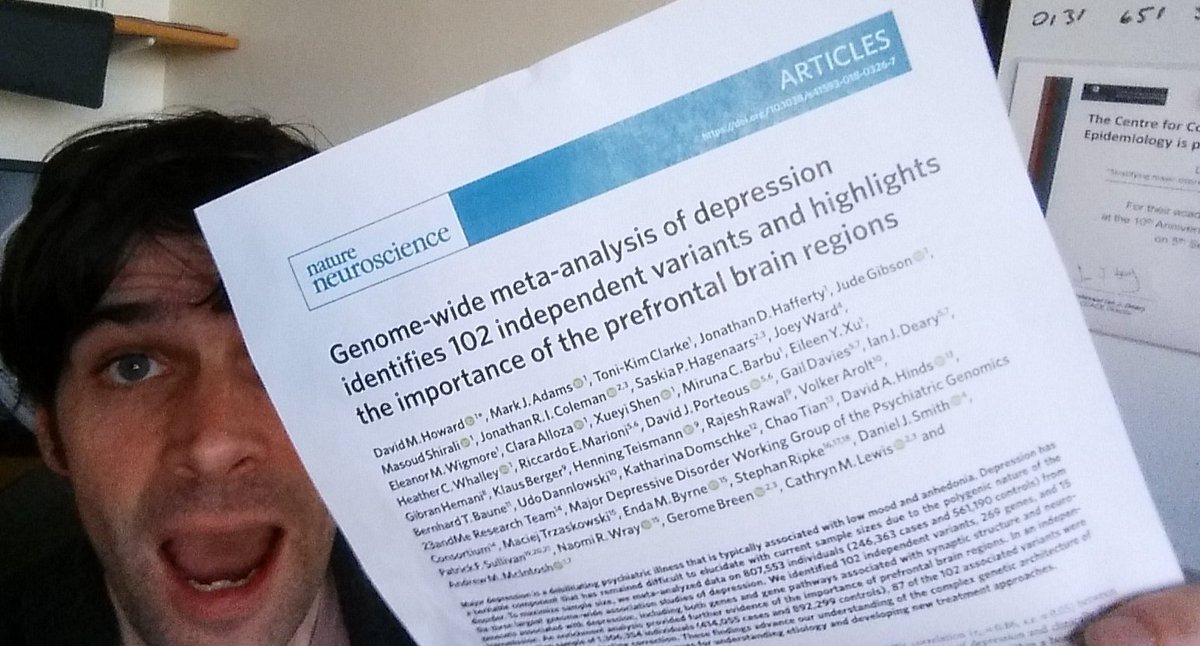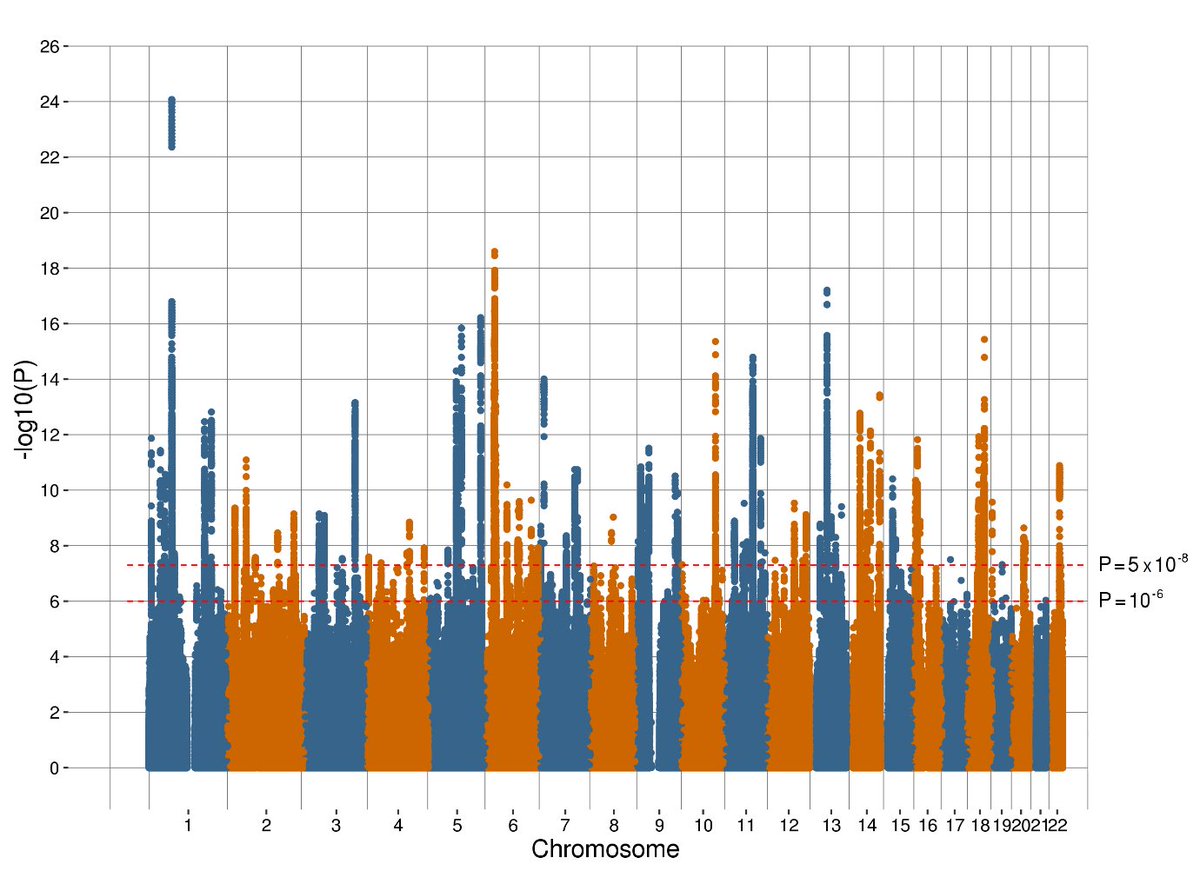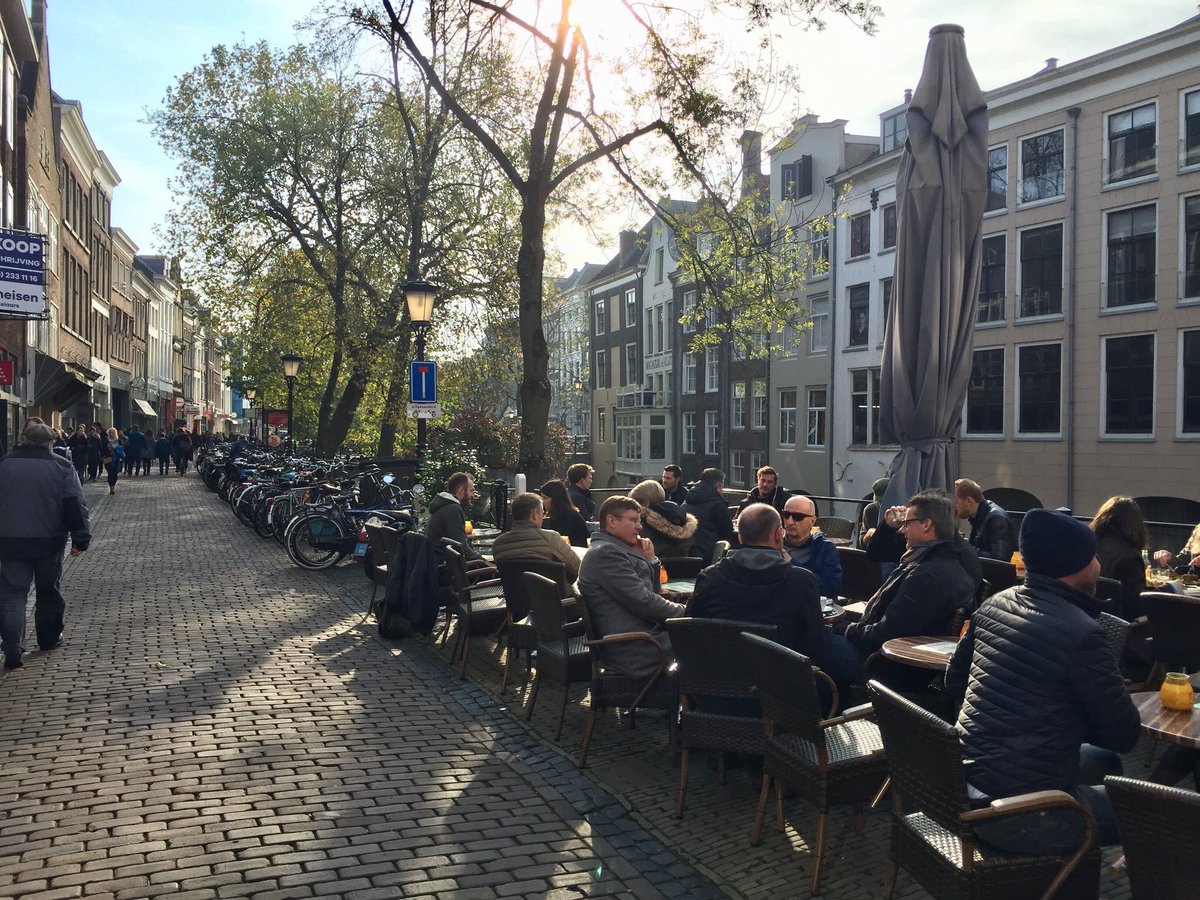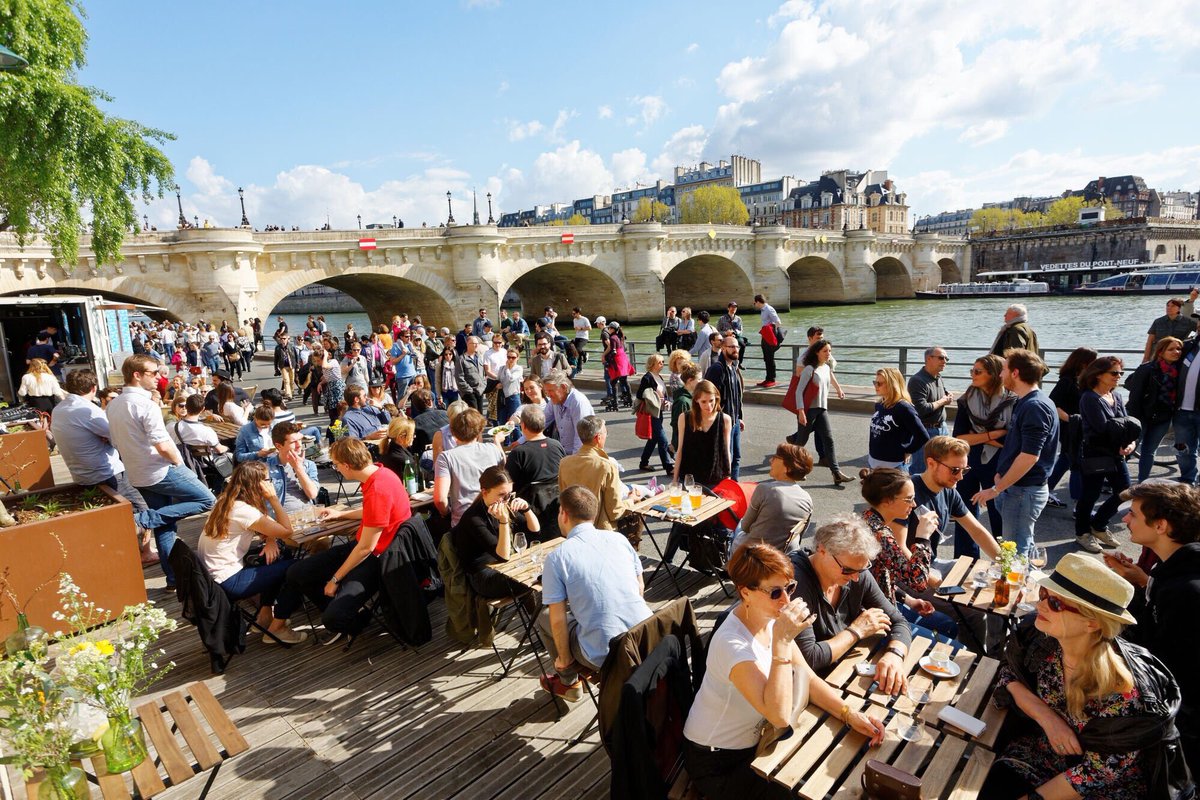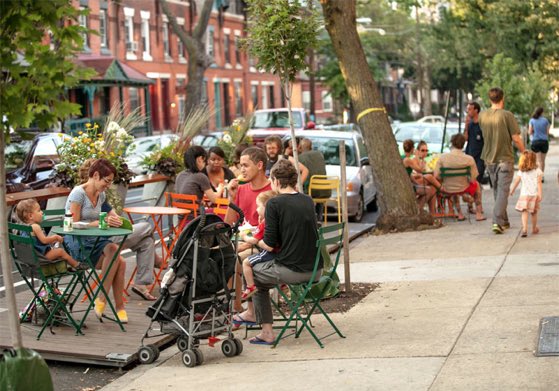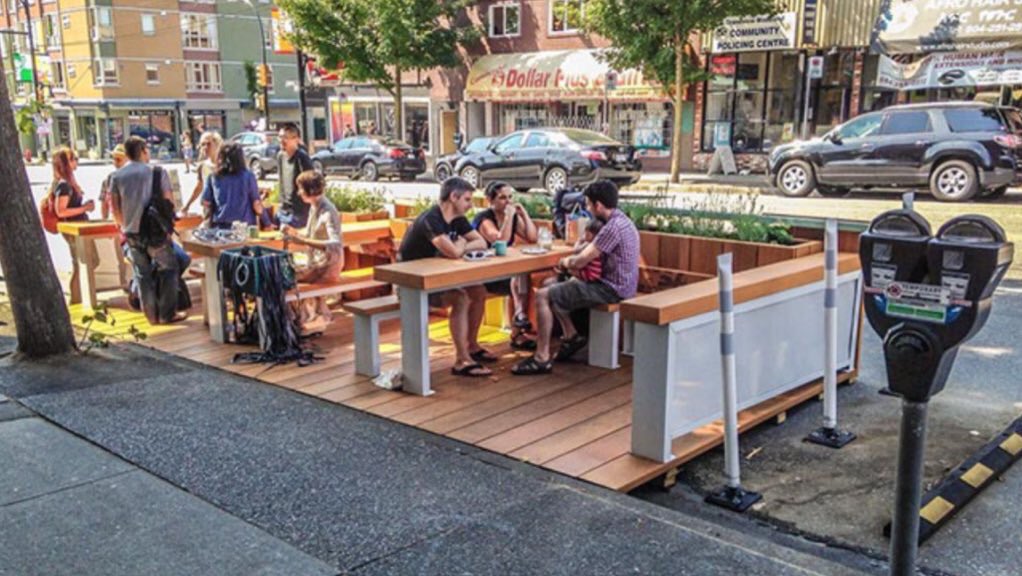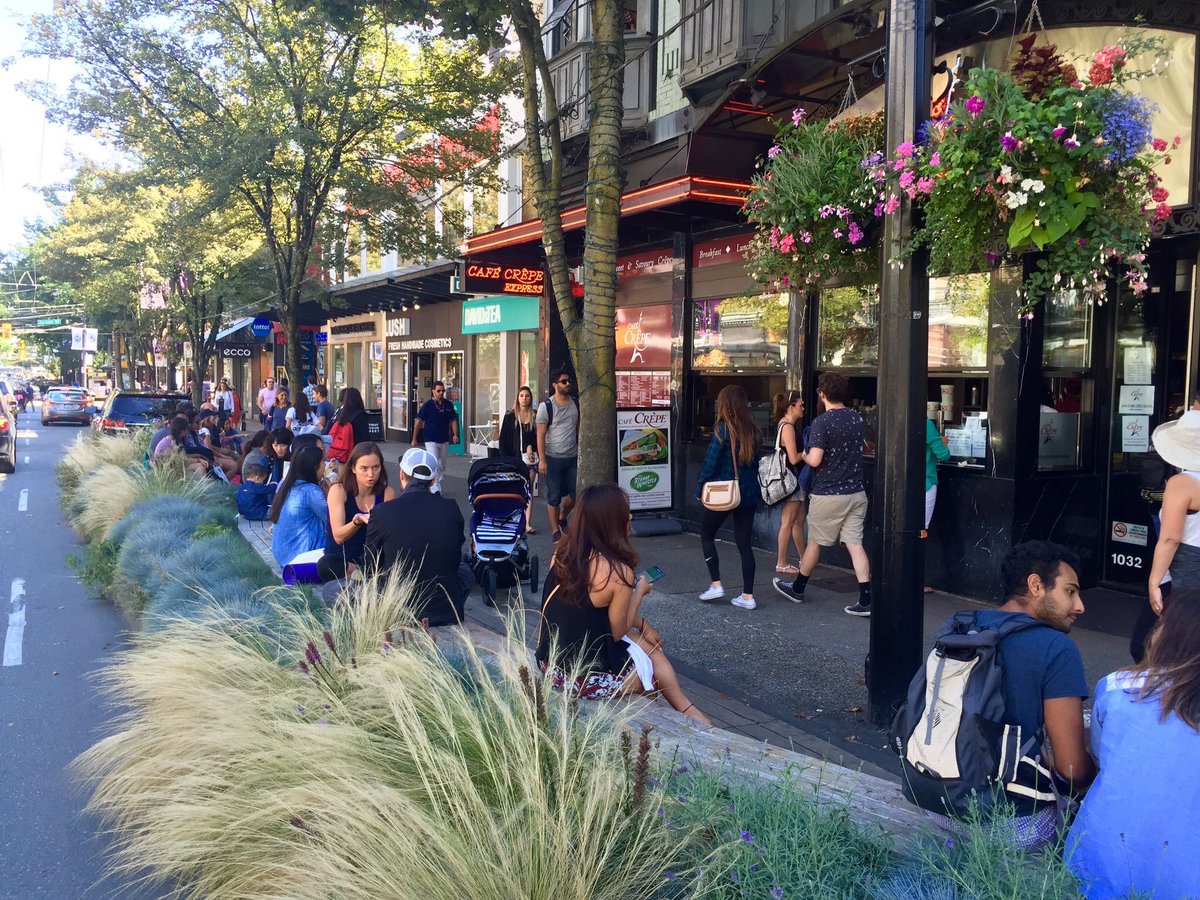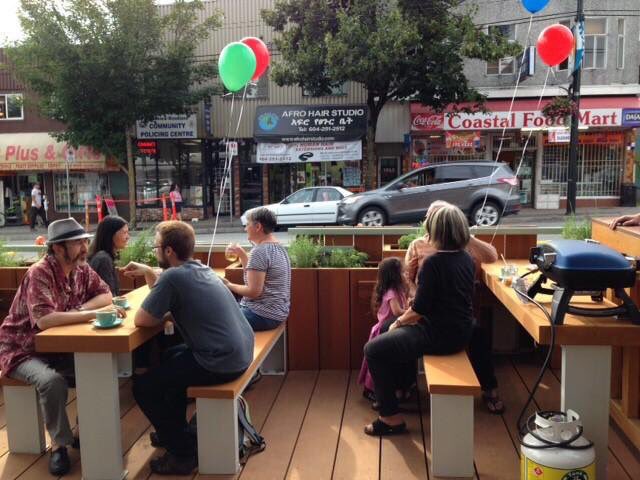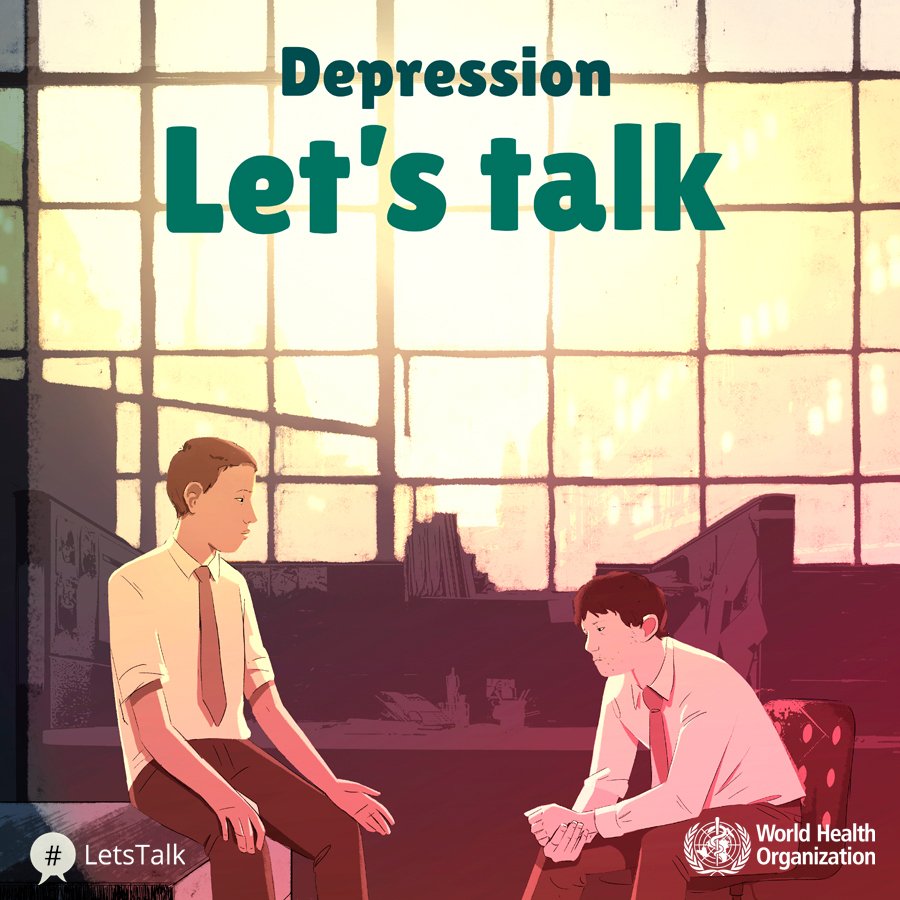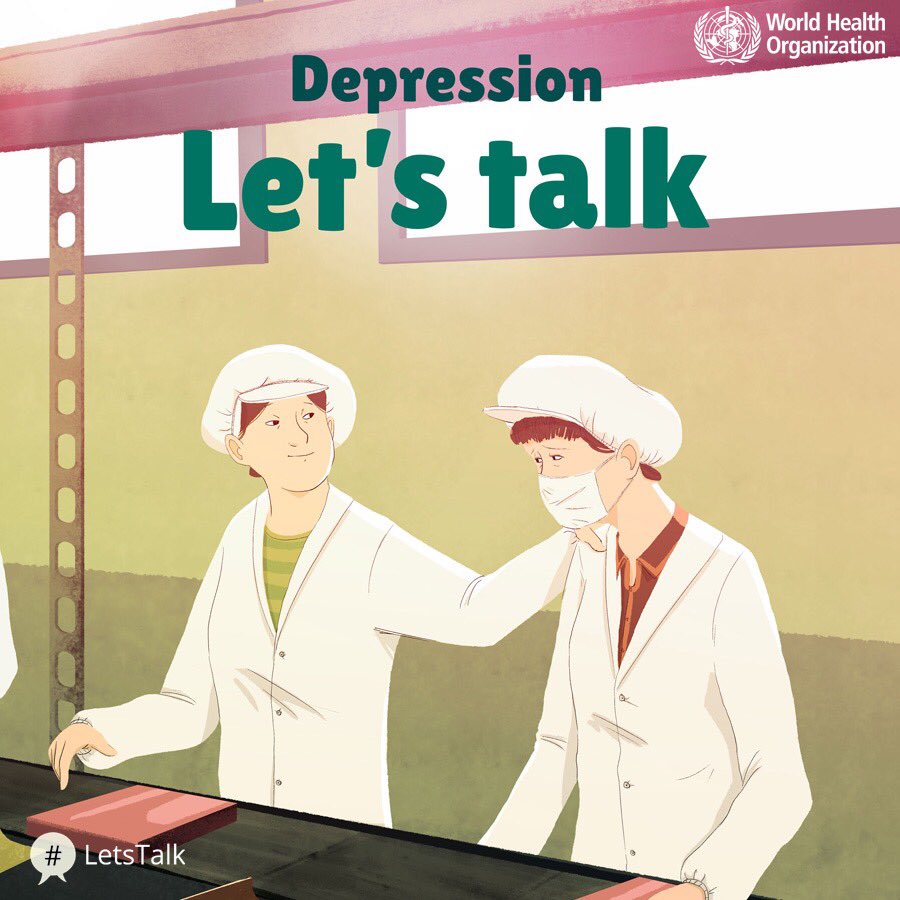People are wasting with chronic disease, weakened immunity, depression, brain fog and anxiety.
That's what a toxic environment gives you.
What most don't realize is that the toxicity begins at home.
Here's how you make home healthy again.
If something doesn't smell right, literally or figuratively, it probably isn't right.
If a home you're considering doesn't have the right 'vibe', don't buy it or you will regret it later.
Keep trying new things until your senses are pacified.
Your shoes bring into your home dirt, dust, toxins, pests and parasites you pick up in the streets. All that makes you sick - and ruins your carpets and floors.
Make your home your sanctuary and keep it clean and pristine.
Air pollutants are often 3-5 times more concentrated indoors than outdoors even in the cities. Better ventilation will make you less likely to get sick or become mentally impaired.
Your brain literally needs to breathe. Let it.
Smoke and CO are both carcinogens and can kill you in your sleep. If you have boilers, heaters, stoves based on combustion (as opposed to electricity) you want to make sure you don't live in a CO tank.
Let sunlight in and have as many plants as you can inside your home. Be careful to pick plant species that keep your air clean and don't themselves become pollutants.
Lead is a powerful neurotoxin that literally makes you stupid and aggressive. it sends you back to chimp level and leads to birth defects. If you live in an old building check the interior and exterior paint for lead.
Keep the electronics out and don't do work in your bedroom. No TVs and giant screens obviously. Show your brain that this is the room for sleep and relaxation.
Light pollution from outside can interfere with your sleep. So does cold blue light from screens and certain lightbulbs. Use lamps with warm light in your bedroom and black out the windows at night.
If you live in a big city, your air is riddled with particulate pollution. Condsider getting an air purifier or (de)humidifier for the rooms you use most frequently, especially your bedroom.
Keeping your bedrom cool improves sleep quaality. The ideal sleep temperature is 18-21°C (65-70°F). Whenever possible, it's good to keep the air moving as well by cracking a window or using a ceiling fan.
Nighttime noise is a stressor which can affect if even if you do fall asleep without too much trouble. Use white noise or relaxing background noise to tune out background noise that's disuting your sleep.
Comnsider using ear plugs if you have to.
Carpets and floors are depositories for dirt, dust and pathogens your bring from outdoors. Use a HEPA vaccum regularly to keep them clean and remove pathogens.
This includes your stupid e-cigarettes.
Smoke gets into your furniture, carpets, even the paint in the walls. It is released later from there to keep poisoning you and everyone around you even when you're not smoking.
You're only polluting your air with particles and carcinogens released during combustion. When you burn stuff, you level the pollution in your home with that in a busy street.
If you're place smells, clean it and crack a window open!
Flame retardants and stain repellents have been proven to be toxic over and over. Don't buy into any fiction that new substitutes are less harmful.
Buy furniture with minimal finishings.
To avoid getting poisoned with particles and carbon monoxide, make sure you have a strong draft sucking smoke up the chimney and use a smokescreen for your fireplace. Keep the flue open for 12 hours after the fire is out.
Cooking genertes particles that get circulated around the home. Cooking with gas or wood generates carbon monoxide and nitrogen dioxide. Turn on the exhaust hood ventilation to reduce the amount that stays in your home.
If you burn something on the stove, you can use a protable fire extinguisher to trap the smoke and avoid posioning the air in your home.
Remember: a fire extinguisher is not a firefighting tool - it's intended to help you escape.
Even quality tap water is riddled with particles and chemicals used to suppress infections such as chlorine and fluorine. A good filtration system will remove these pollutants and mineralize your water to help your body combat free radicals.
Keep neat and tidy, remove trash, wash your dishes, use physical traps and natural pest enemies such as your cat!
Plastic containers and non-stick pans release toxic chemicals into your food. Don't believe corporate labels telling you plastics are safe. Use glass, iron and ceramics which have been proven for millennia.
Any moisture retained in your bathroom stimulates mould growth and causes water damage to your home. Mould doesn't just stink - it can cause anxiety, depression, cancer and even death.
Fresheners fill the air with volatile organic chemicals, which are irritants. They can also react to create formaldehyde and other toxins.
Keep clean and air your place instead of trying to paper over any smells.
Anything from your dishwashing liquid to laundry detergent can have the same polluting effects on the air in your home. Fewer ingredients is always better and don't use anything chemically sounding.
Antimicrobials are toxic, they mess with your hormonal balance and prevent your body from developing natural immunity to bacteria. Kaiser Permanente has banned antimicrobial soaps and cleaning products in its hospitals.
Falls in the bathroom are a leading cause of injury at home. Use non-slip mats and handrails to make your bathroom safer.
Radon is a leading cause of lung cancer in the US. It enters your home through the basement foundation. If you don't know the level of radon in your home, the tests are easy and cheap.
These include old pipes, boilers and 8x8 floor tiles. Asbestos can cause serious and irreversible lung damage. Hire a professional to test and remediate if necessary.
Damp basements are fertile grounds for mould infestations. If your basement smells 'musty', you likely have a mould problem - look for stains and warping boards to identify leaks and moulds.
When your floor isn't porous, water from outside cannot seep in and leaks inside the house are much easier to manage. Carpets's embedded dust is fertile ground for mould and mildew to grow and in hiding.
Toxic chemicals can easily leak through your basement or garage into the rest of your home. Store them away from your main living quarters.
Don't use chemicals in your garden. It's one of the stupidest things you can do and only shows you're worthless as a gardener.
If you have an attached or underground garage, exhaust air and particulates cna infiltrate your home. Diesel exhaust is ranked as a top-level carcinogen. Make sure garages have plenty of ventilation.
Use motion-activated lights on dangerous staircases and in your yard to avoid accidents and deter trespassers.
Leaks and humidity inside the home are often due to water damage in the outside structure. Fix cracks and holes in the outer walls that can become a path for pests, water and unwanted drafts.
Know evacuation routes and have a plan for emergencies such as hurricanes, floods, blizzards and wildfires. You're a lot less likely to get hurt pr do something stupid to your home if you think ahead and get ready.
@HarvardChanSPH School of Public Health and forhealth.org.

